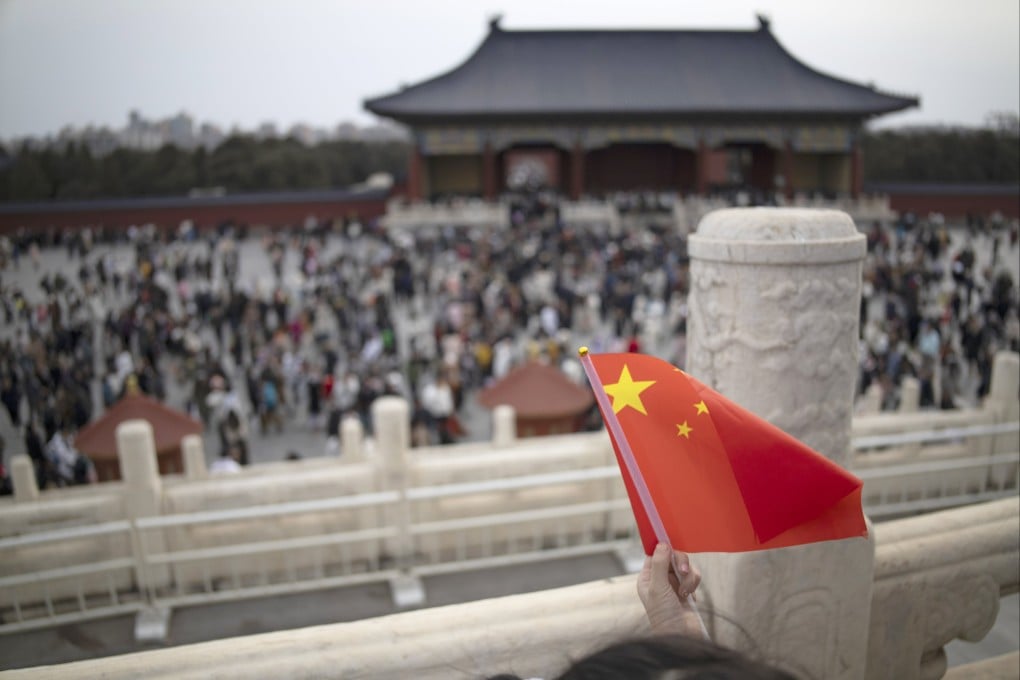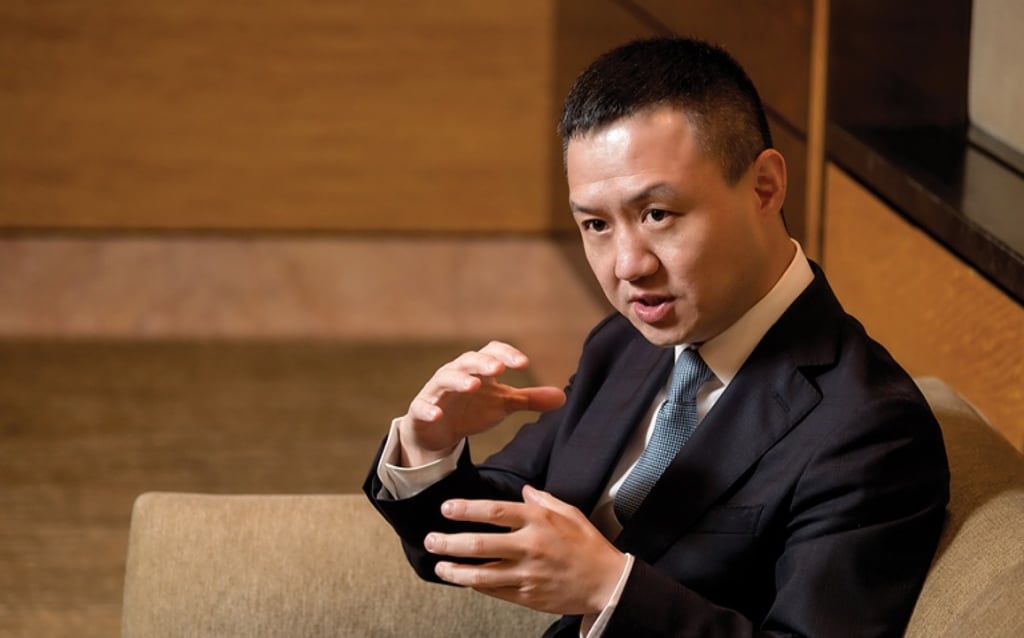Club Med owner Fosun Tourism courts investors on return to profitability days after reports of debt concerns at parent firm
- Investors who ‘share the same values’ are welcome to acquire stakes in all units, chairman Xu Xiaoliang says
- Media reports earlier this month said parent firm Fosun International was considering selling a stake in Atlantis Sanya resort in Hainan

Investors who “share the same values and agree upon the company’s strategy” are welcome to acquire stakes in all units, Xu Xiaoliang, Fosun Tourism’s chairman, said during a media briefing on Friday.
Fosun Tourism, which owns popular resort chain operator Club Med, reported a net profit of 307.2 million yuan (US$42.69 million) for 2023, turning around from a net loss of 544.9 million yuan in the previous year. Its revenue jumped 24 per cent year on year to 17.15 billion yuan.
“We are taking an open and active attitude towards strategic investment,” said Xu, who is also co-CEO of Fosun International. “Any project and subsidiary can be invested in, as we open the door to all investors.”
Xu’s comments came after Reuters reported earlier this month that parent firm Fosun International was considering selling a stake in its luxury Atlantis Sanya resort in China’s island province of Hainan.
S&P Global lifted Fosun International’s rating outlook to stable and said in a report last May that the company could reduce its debt burden through asset sales and support from domestic banks.
